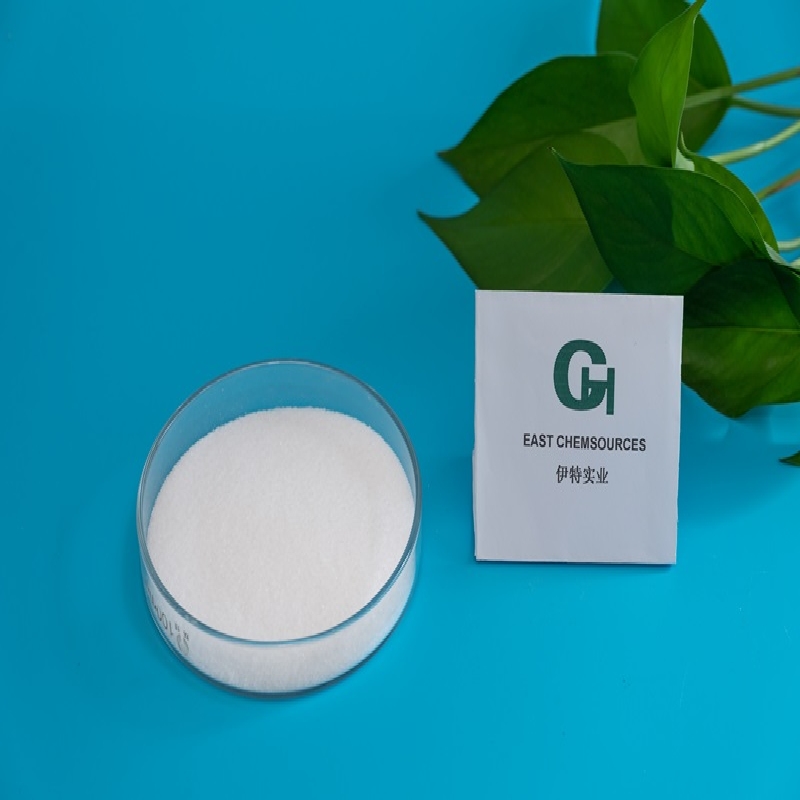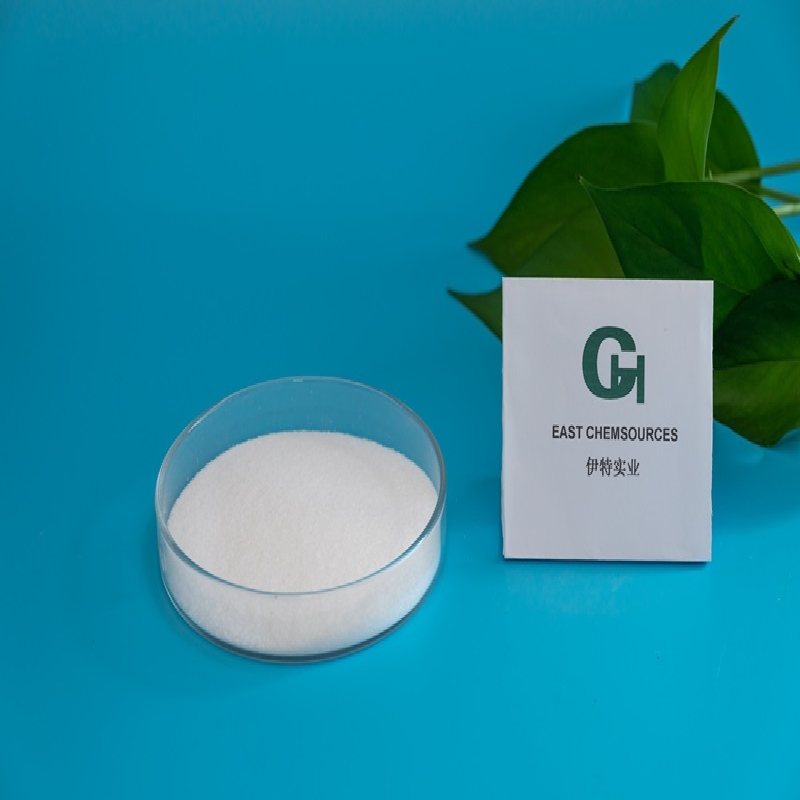-
Categories
-
Pharmaceutical Intermediates
-
Active Pharmaceutical Ingredients
-
Food Additives
- Industrial Coatings
- Agrochemicals
- Dyes and Pigments
- Surfactant
- Flavors and Fragrances
- Chemical Reagents
- Catalyst and Auxiliary
- Natural Products
- Inorganic Chemistry
-
Organic Chemistry
-
Biochemical Engineering
- Analytical Chemistry
- Cosmetic Ingredient
-
Pharmaceutical Intermediates
Promotion
ECHEMI Mall
Wholesale
Weekly Price
Exhibition
News
-
Trade Service
Peanuts, can Chinese be said to be one of our most commonly eaten ingredients, not only can be used to squeeze oil, but also can do snacks, stews, many uses, cheap and delicious.
also have a great value for money in terms of nutritional value, and a new Harvard study shows that eating peanuts is good for many chronic diseases.
Harvard: Peanuts instead of snacks, physical benefits in a healthy state, the body's protein, fat, carbohydrate content and metabolism are at a reasonable level, but once metabolic disorders, will lead to obesity, hyperlipidemia, hypertension, diabetes and other diseases increased risk, this is the clinical metabolic syndrome (MetS) performance.
Metabolic syndrome is closely related to a high-fat, high-carbohydrate diet, low labor intensity and low exercise levels, and is not clinically a single disease, but an increased risk factor for stroke, diabetes, heart disease, and kidney and vascular disease.
those with these risk factors are expected to have higher mortality rates.
a recent joint study published in the American Journal of Clinical Nutrition by the University of the Chinese Academy of Sciences and Harvard Medical School showed that eating more nuts, such as peanuts, instead of refined grains, can effectively reduce the risk of metabolic syndrome.
study included 224 participants, all of who had metabolic syndrome and had a relatively high risk of diabetes.
were randomly assigned to the "peanut-eating group" and "control group" for 12 weeks.
group ate 52 grams of peanuts as a snack a day, and the control group ate the same calories of delicate white rice sticks daily.
12 weeks, a total of 209 people completed the trial, and there was no significant difference in blood sugar, cholesterol, waist circumference and weight between the two groups, but the metabolic syndrome rate decreased significantly in the peanut-eating group.
results showed that adding peanuts to the diet as a snack, while not significantly altering blood sugar and lipids, was effective in improving the overall risk of metabolic syndrome in people at high risk of cardiovascular metabolic disease Chinese
for the researchers, the inclusion of more participants in the future could further confirm the biological mechanisms of peanuts.
the nutrition of peanuts is neglected, how much is the best to eat? Peanuts can be said to be national tree nuts, known as "longevity fruit", widely grown in China, and in the way of eating, raw eating, fried to eat, cooking to eat, oil to eat and other forms.
in terms of edible value, peanuts are also very nutritious.
100 grams of peanut nuts, 5.5 grams of dietary fiber, 44.3 grams of fat, 4.8 grams of protein2, 10.72 mg of vitamin B, 17.9 mg of vitamin B3.
peanut fat to high-quality unsaturated fatty acids, low sugar index, but also increase the feeling of satiety, can be replaced with coarse grains part of the staple food.
recommended in the 2016 edition of the Dietary Guidelines for Chinese Residents, adults can consume 50 to 70 grams of peanuts per week and maintain a daily intake of about 10 grams.
, it should be noted that peanuts are high in calories, so in daily life to reduce the total food intake.
4 categories of people can not eat peanuts, the harm is greater than good peanuts, but not everyone is suitable to eat, some groups of people still want to try to avoid.
Peanut allergy patients allergic to peanuts, there will be urticaria, itching, angioedema, dermatitis, asthma and other symptoms, severe allergic shock, resulting in death, so people with a history of allergies can not eat peanuts and peanut products.
Gastrointestinal ulcers because of the high protein and fat content of peanuts, not easy to digest and absorb, suffering from gastrointestinal ulcers and other diseases, their own digestive function is very weak, eating peanuts will aggravate the symptoms, and can not fully absorb the nutrition of peanuts.
Gallbladder remover bile is an important digestive enzyme for fat digestion, gallbladder removal, bile secretion and storage is disturbed and affected, and peanut fat content is high, is bound to affect its digestion, long-term eating is not conducive to digestion and absorption, may lead to diarrhea.
high in peanuts in patients with gout, which is a disease caused by metabolic disorders, and is associated with high uric acid.
intake of high fat will affect the normal discharge of uric acid, so gerration patients, especially during the acute onset of the patient, can not eat peanuts.
warm reminder: moldy peanuts to throw away in addition to some disease patients have taboos on peanuts, healthy people in eating peanuts, but also pay attention to whether peanuts mold phenomenon.
of mildew produce aflatoxin, which is not only highly toxic, but also a strong carcinogen.
can withstand high temperatures, conventional cooking temperature can not let it break down, excessive one-time intake will lead to liver failure, serious death.
small doses can also increase the risk of cancer, especially liver and esophageal cancer.
so once the mold, do not continue to eat out of thrift, must throw away.
in life, we also do not buy three productless peanut oil, self-pressed oil, its raw materials may contain moldy peanuts.
peanuts should also be based on the recommended intake, do not eat too much.
you say, do you usually eat peanuts? Raw or cooked? 39 Health.com Source: 39 Health.com Copyright Notice: All text, images and audio and video materials on this website that indicate "Source: Mets Medicine" or "Source: MedSci Original" are owned by Mets Medical, and are not authorized to be reproduced by any media, website or individual, and are authorized to be reproduced with the words "Source: Mets Medicine".
all reprinted articles on this website are for the purpose of transmitting more information and clearly indicate the source and author, and media or individuals who do not wish to be reproduced may contact us and we will delete them immediately.
at the same time reproduced content does not represent the position of this site.
leave a message here







